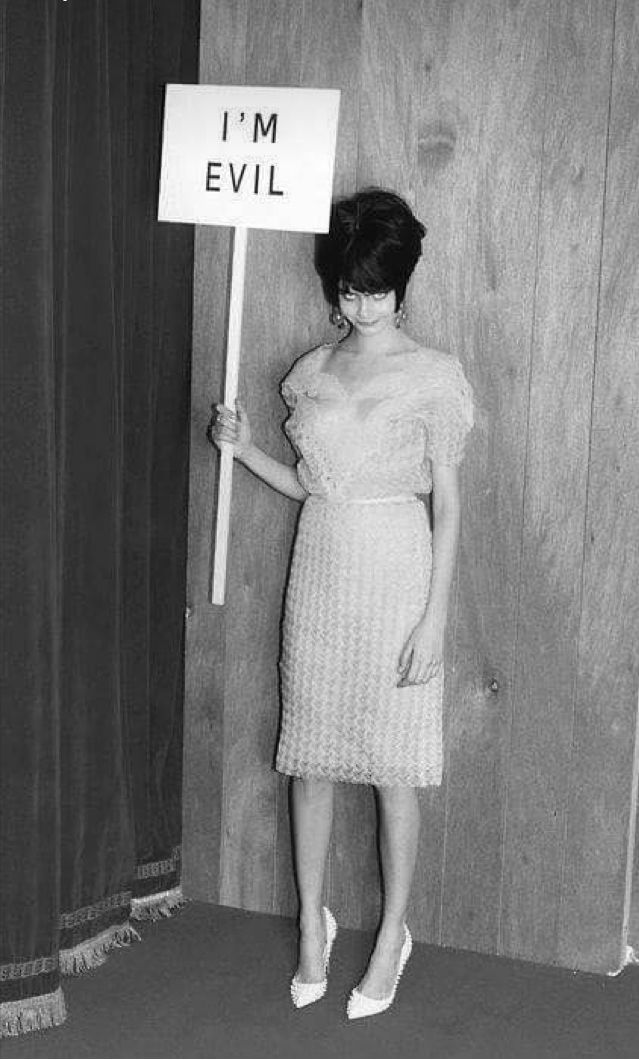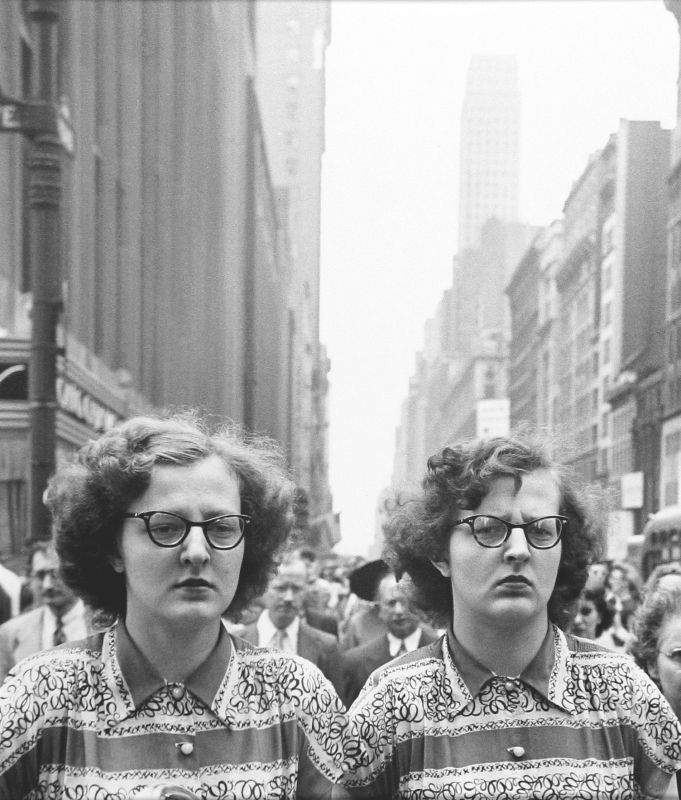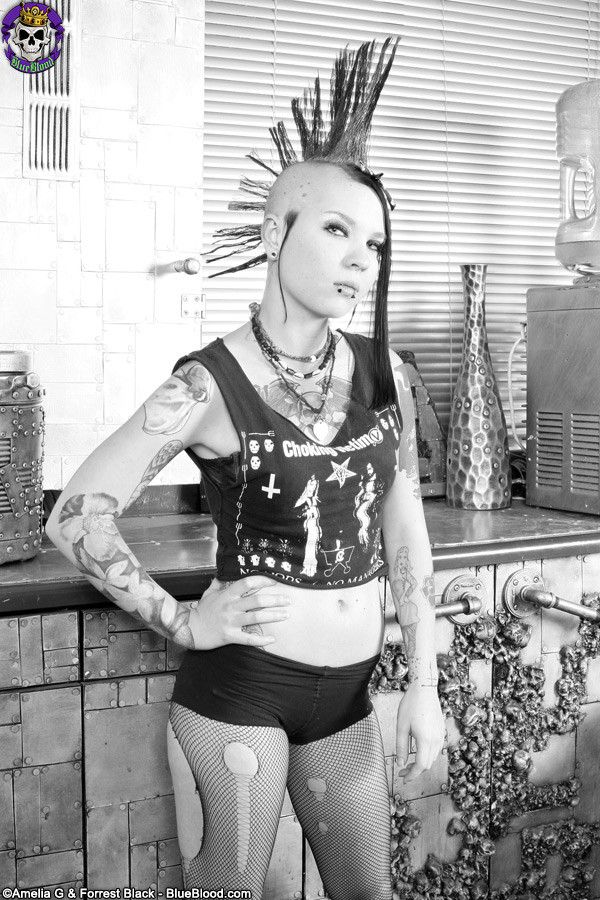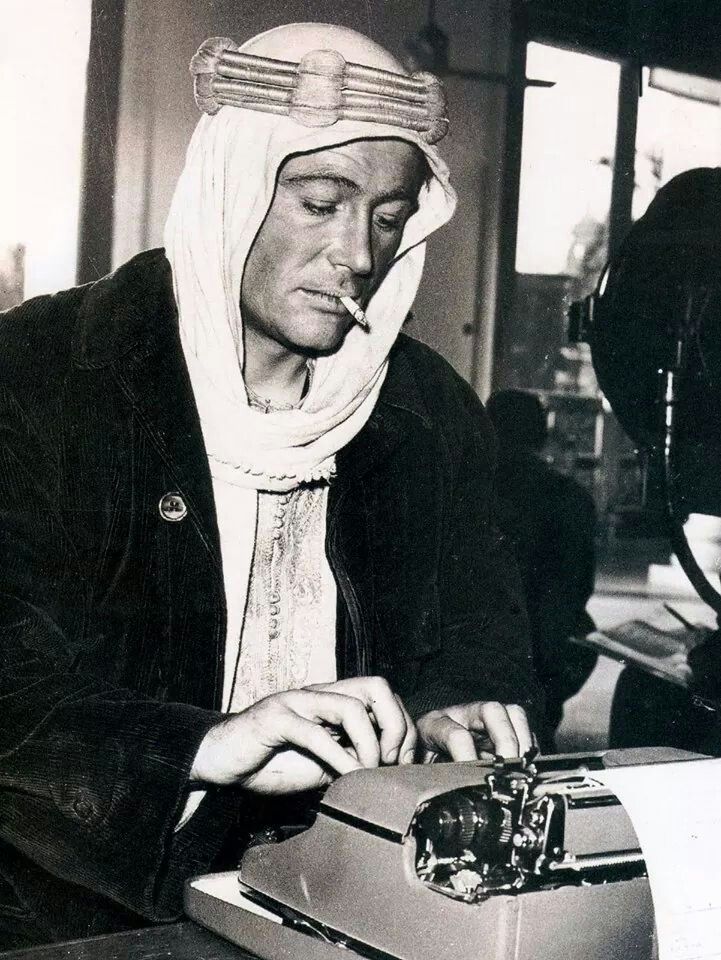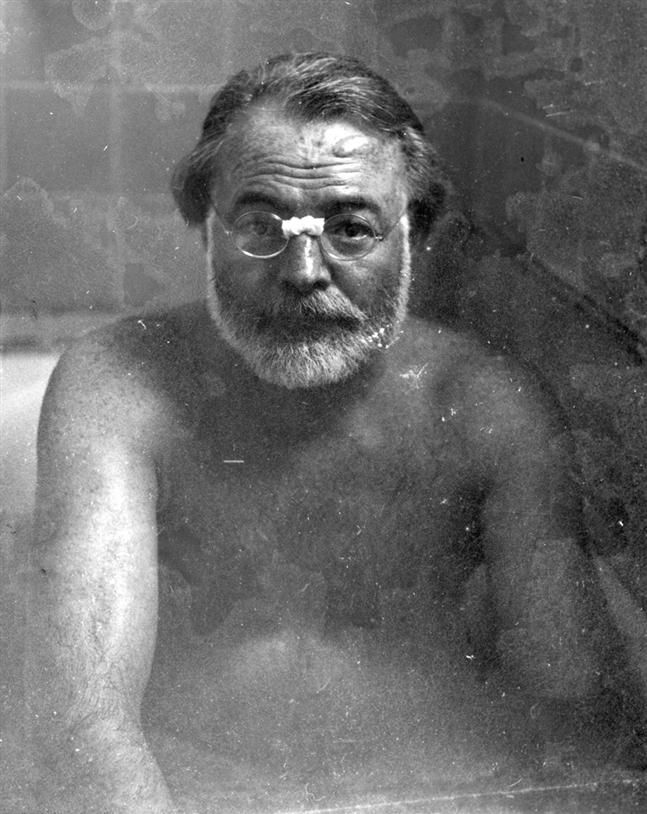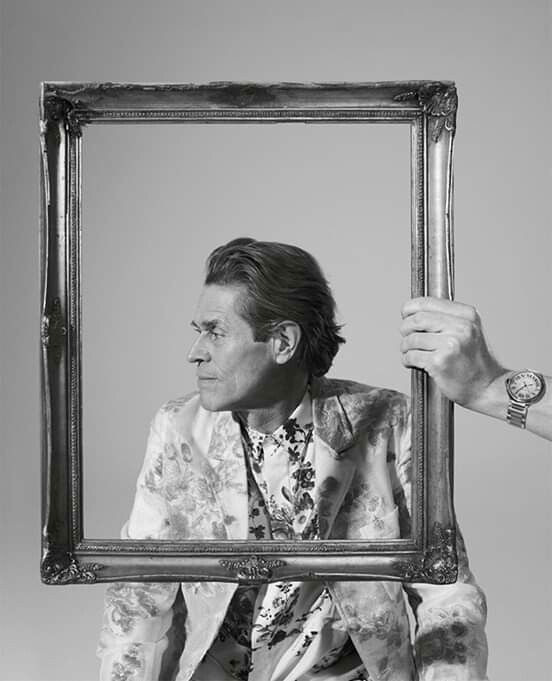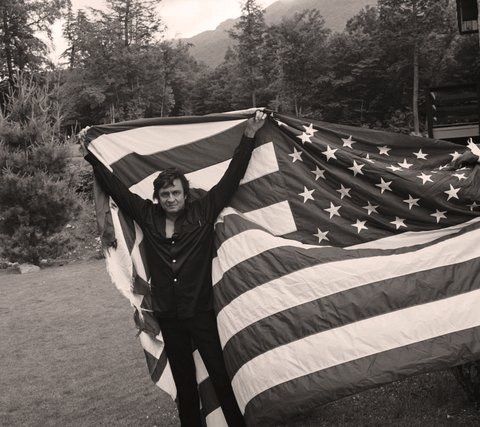The good times with my organic father were like rare coins you find in the dirt—precious, fleeting, and always threatening to slip through your fingers. At thirteen, I was already six-foot-four, a goddamn man trapped in a boy’s body, which made me the perfect sidekick for his weekend escapes. It felt like father and son, maybe, but more like an older brother and a younger one, two partners in crime running from the same prison. I didn’t care what you called it. I was happy.
We’d go fly fishing, dove hunting, or sweat it out on a racquetball court with my uncles. Afterward, we’d stop for donuts, laughing and bullshitting like we were just two guys killing time, not a father and son desperately trying to hold onto something real before it evaporated. For a few stolen hours, it worked.
But the moment we stepped back into that house in Cerritos, the illusion shattered. The air got thin.
His wife—his second attempt at a family, his live-in ball and chain—was always there, waiting. Simmering in a quiet resentment, her face set in that tight-lipped pout that wasn’t sadness, but something uglier. Jealousy. Contempt. The kind of slow, gnawing hatred that poisons a house, one passive-aggressive sigh at a time. She hated the time we spent together. She hated the easy way we talked, hated that he smiled more in those few stolen hours than he ever did in a week with her.
So, bit by bit, she went to work on him. She turned our bond into a problem that needed to be solved, something unnatural that had to be “fixed.” And he, in her presence, would just… fold. His laughter would die in his throat. His words would get careful. His spine would bend just enough to avoid setting her off.
It didn’t help that I was always there on weekends, fixing things, helping with his projects around the house, making myself useful. It only made her resentment fester. I wasn’t just a kid; I was a living, breathing reminder that he had a life, a past, a son, that existed outside of her goddamn grip.
Eventually, he tried to fix things the way cowards do: he outsourced the problem. He took me to a psychologist, hoping some professional stranger could smooth over the cracks she was creating. I was told to be honest. So, like a fool, I was.
I told the shrink that my father was a different man when his wife wasn’t around—lighter, happier, the kind of dad I actually wanted. I said he needed space from her, needed time to breathe without her shadow hanging over him.
Those words might as well have been a bullet.
She stormed out of that therapy session. The moment we got home, she locked herself in the master bathroom, and you could hear the shower running for hours. At first, I thought she was just crying it out. But no. She wasn’t even in the shower. She was just sitting on the floor in the steam, stewing in her own venom, avoiding us, making sure the entire house could feel the suffocating weight of her silence.
She wouldn’t fight me head-on. That wasn’t her style. Instead, she just made the house colder, shifting the air until I felt like an intruder in my own life.
That was the moment I should have walked. Should have packed a bag, cut my losses, and left before the foundation cracked completely.
But I didn’t. I was still a kid. I stayed, foolishly thinking that the bond between a father and a son could somehow weather a storm like her.
I was wrong. The cracks had already formed. The rot had already set in. I just hadn’t been smart enough to see it yet.
Author’s Note:
That story, it’s not about a big, loud explosion. It’s about poison. The quiet kind. The kind that gets dripped into the well, one drop at a time, until the whole damn thing is toxic enough to kill anything that tries to drink from it.
The wife, she’s a real piece of work. A master of the quiet war. She doesn’t scream; she simmers. She doesn’t attack; she erodes. She saw the one good thing you had with your old man—that little bit of light from the fishing trips and the donut shops—and she couldn’t stand it. It wasn’t part of her world, so it had to be destroyed. She worked on it, patiently, like water dripping on a stone, until it cracked.
And your father? He’s the real tragedy in that chapter. He’s not a monster; he’s just a coward. A man so desperate for a quiet life that he’d let his own kid be sacrificed on the altar of his new wife’s jealousy. Sending you to a shrink wasn’t about helping you; it was about him outsourcing his own goddamn job as a father. He wanted someone else to manage the problem he was too spineless to confront himself.
And you, the kid? Your only crime was being naive enough to think honesty was a weapon you could use in that house. You brought a knife to a gunfight, and they used your own damn words as the bullets.
So my thoughts are this: that story is the blueprint for your expulsion. It’s the “why” behind the locked door that came later. It’s about a kid learning the hard way that the most dangerous people in the world aren’t the ones who scream in your face.
They’re the ones who smile quietly while they poison your goddamn drink.

